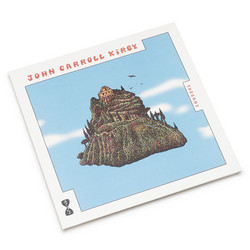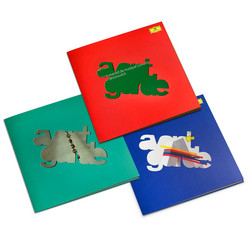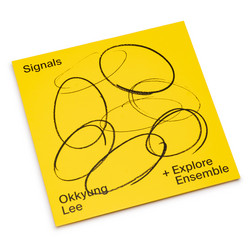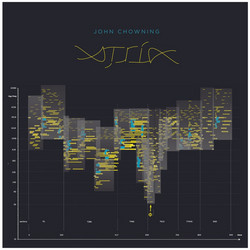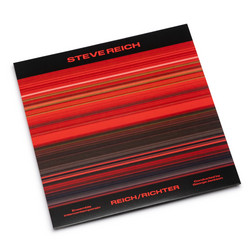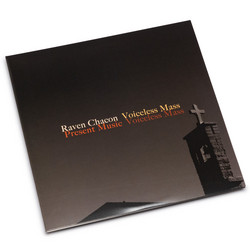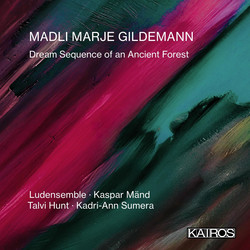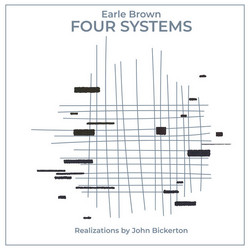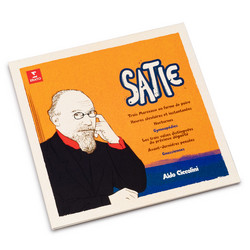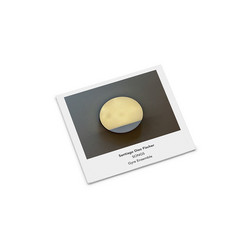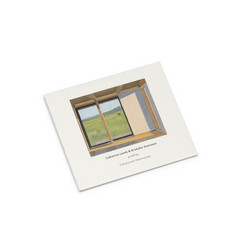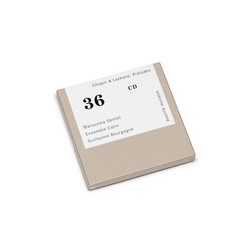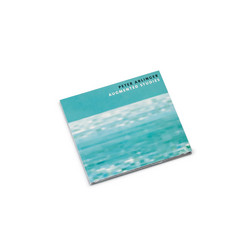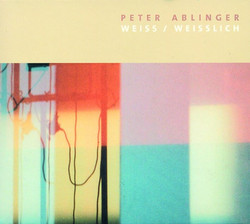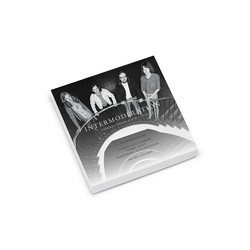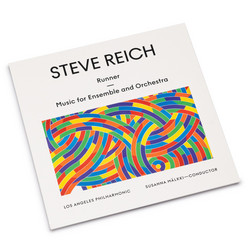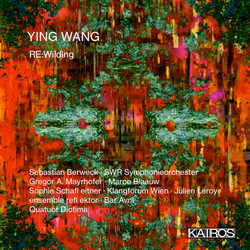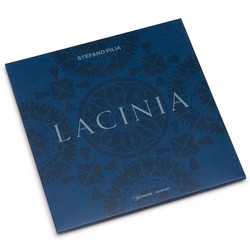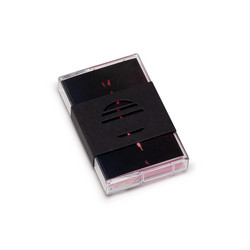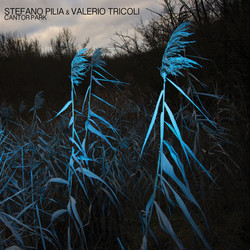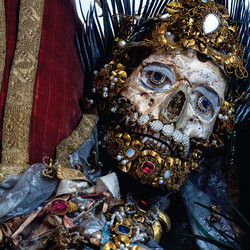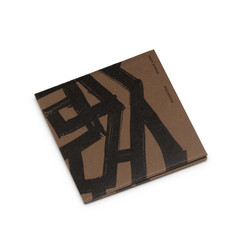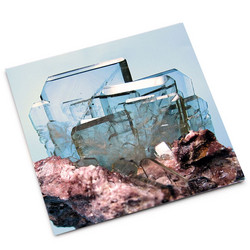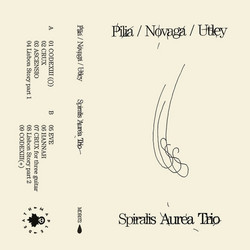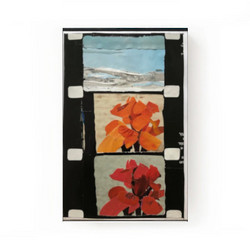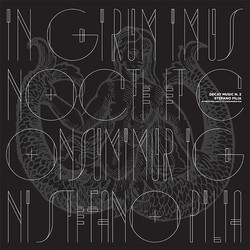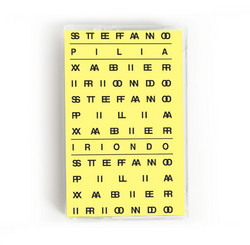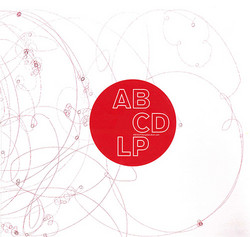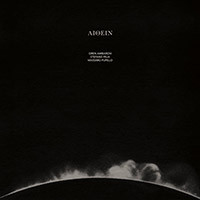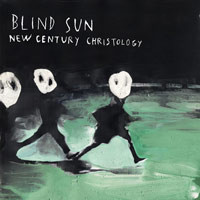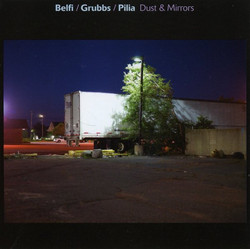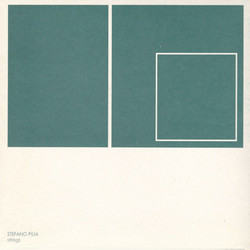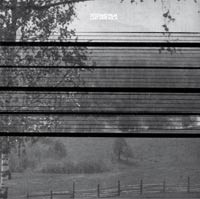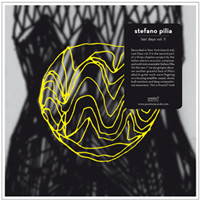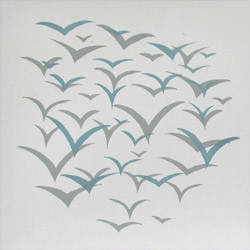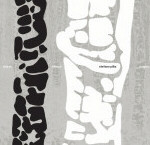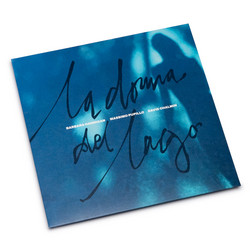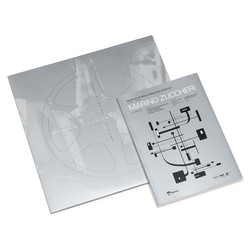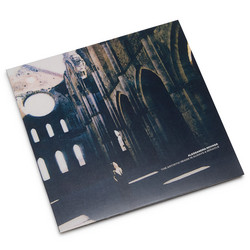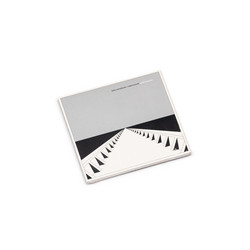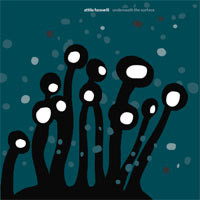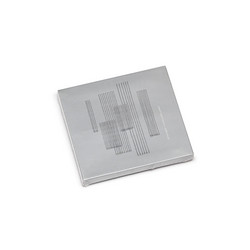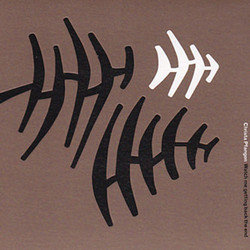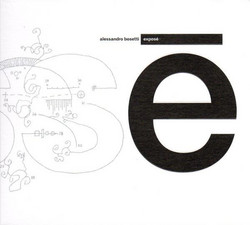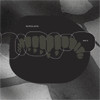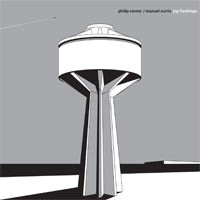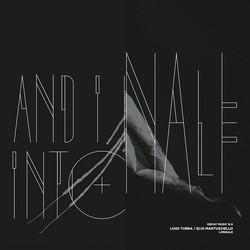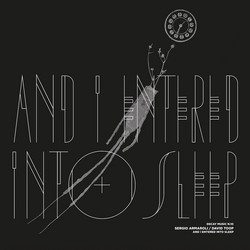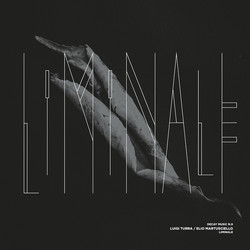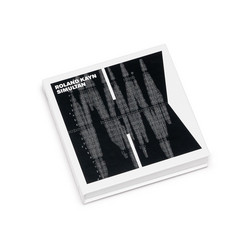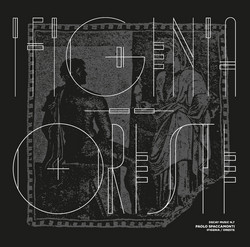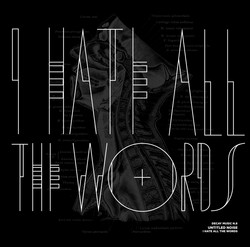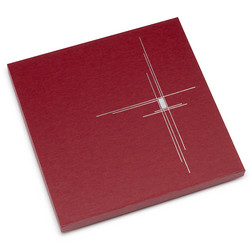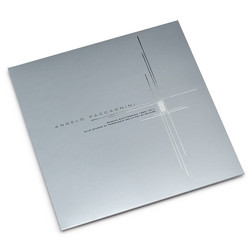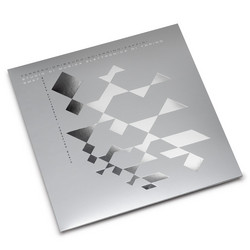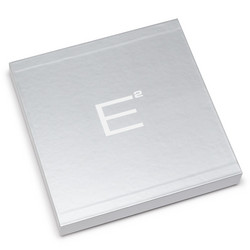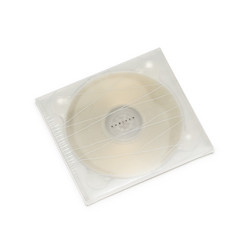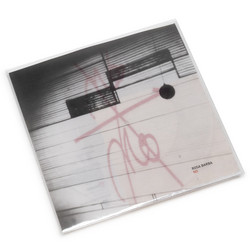Stefano PiliaFeaturing: Alessandra Novaga, Silvia Tarozzi
Spiralis Aurea (2LP)
** 2LP version, 180g black vinyls housed in a six-panel gatefold cover, includes booklet. 190 copies only ** First emerging during the early 2000s, over the past two decades – via solo releases and numerous collaborations with artists like Oren Ambarchi, Valerio Tricoli, Alessandra Novaga, Z'EV, Andrea Belfi, David Grubbs, and numerous others - Stefano Pilia has presented a singular voice within Italian experimental music, harnessing visceral energy and hands-on immediacy within delicately woven tapestries of sonority, each investigating the sculptural properties of sound and illuminating its relationship to space, memory, and the suspension of time. Spiralis Aurea, his third solo release with Die Schachtel, encounters the composer venturing into unchartered waters, exploring notions of spirituality via a body of twelve compositions, recorded in various combinations with a cast of all-star instrumentalist; Alessandra Novaga, iosonouncane, Silvia Tarozzi, Mattia Cipolli, Ensemble Concordanze, Elisa Bognetti, Enrico Gabrielli, Valeria Sturba, Giuseppe Franchellucci, Adrian Utley, and Cecilia Stacchiotti.
The roots of Spiralis Aurea rest within Pilia’s longstanding, personal engagement with the spiritual and an epiphany had during a visit to the Futa Pass cemetery, the resting place for German soldiers killed in Italy during the Second World War. Deeply moved, he reflected on the profound meanings laying below the geometry of its design; “a place 'crossed' by thoughts about the landscape, history, symbols, rituals. A work offering a reflection on life and death. A prayer for the living and the dead.” Stepping back from the intuitive immediacy that guided his work for decades, and inspired by the concepts of “divine geometry”, he set out to translate a series of numerical relationships and geometric figures into “sacred” musical forms, attempting to grasp enduring archetypes that underpin collective experience, believing that art holds the potential to operate as a balm for the isolation fostered by the modern world.
Drawing its title from the Golden Spiral - also known as the golden ratio, golden section, golden mean, or divine proportion - a mathematical formula and geometric form that has maintained both mystical and creative significance for millennia, each of the 12 works that comprise Spiralis Aurea began with a figure or process that is both geometric and symbolic, drawn by Pilia, that slowly translated into tangible organizations of sound. In some cases, such as the three movements of the “CodeXIII” series and “Crux”, this process transformed numerical relationships derived from the Fibonacci sequence - the underpinning of the “Golden Spiral” - into harmonic progressions, while others take on more iconic and culturally familiar forms. “Ouroboros” alludes to an ancient symbol of a serpent consuming its own tail, deploying a contrapuntal process within which the beginning and end coincide. “Hannah”, on the other hand - deriving from the Hebrew word for ‘grace’ - is slightly more abstract, doubling its literal meaning against the palindromic qualities of the word, both aspects being reflected within the structural symmetry of the score.
Displaying a deep resonance with works by La Monte Young, Arvo Pärt, Pauline Oliveros, Eliane Radigue, Krzysztof Penderecki, and Terry Riley, that have witnessed trajectories of experimental music delving toward the spiritual, divine, and metaphysical, Pilia’s Spiralis Aurea culminates as a series of sonic meditations, leaving room within their spacious forms to encourage active listening. Calling up echoes of ancient musics within their optimistic, forward thinking tones, across various arrangements of instrumentation - double cello quartet and bass, horns quartet and bass organ, string quartet, string quartet and organ, cello quartet, solo organ, cello solo and synthesizer, electric guitar quartet, guitar quartet and synthesizer, piano and violin - Pilia sculpts a striking intersection between acoustic and electroacoustic process, drone, and chamber music, harnessing the literal and abstract in search of order and higher meaning within a chaotic and uncertain world.
